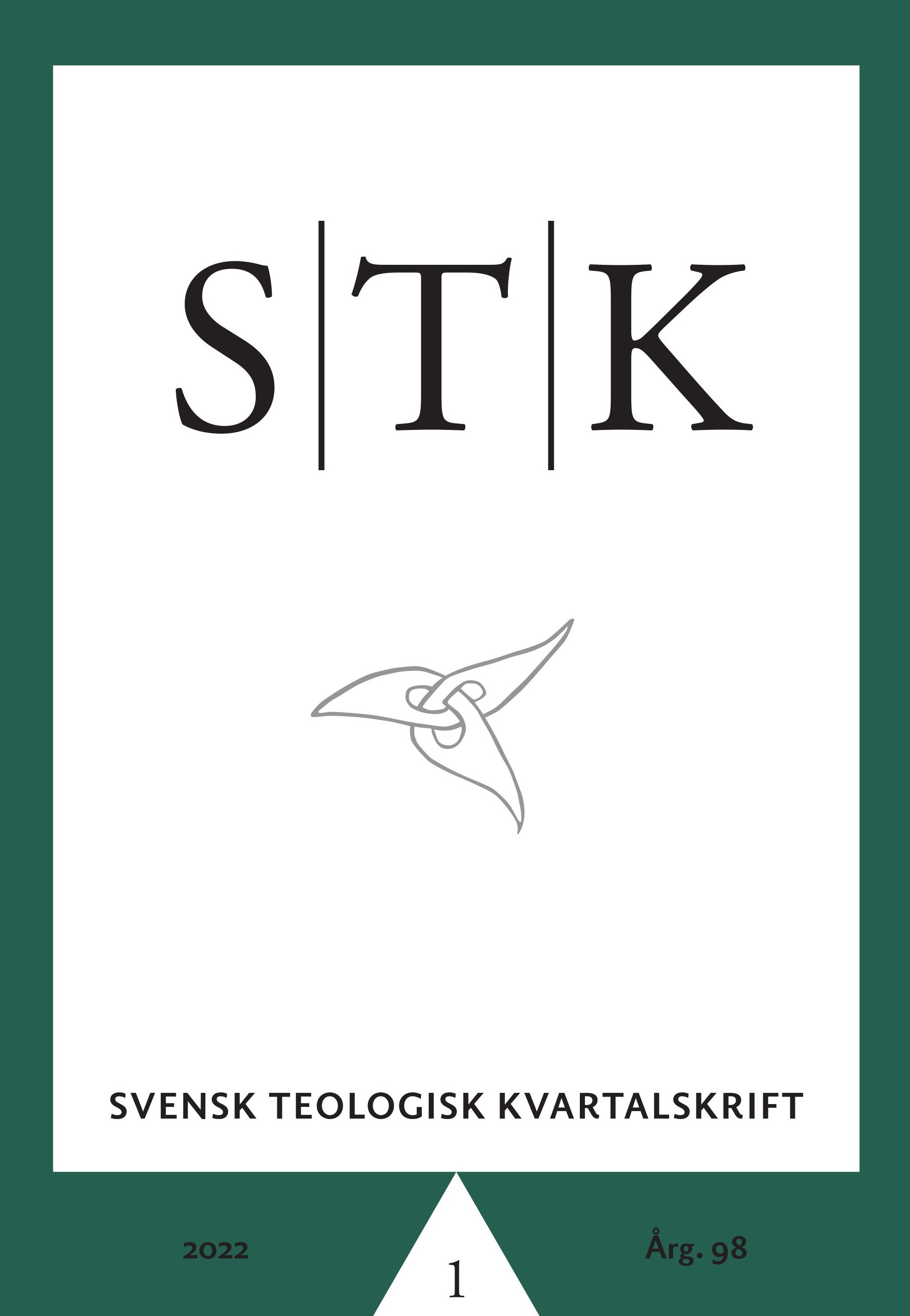Teologins kritiska pedagogik
Illich, Herdt, Hitz och den eskatologiska referensen
DOI:
https://doi.org/10.51619/stk.v98i1.23935Abstract
In this essay, I examine three thinkers who have turned to theology as a resource for thinking critically about learning: Ivan Illich, Jennifer A. Herdt, and Zena Hitz. Situating my project in the context of what I with reference to David Lewin call a post-secular educational philosophy, the aim is to investigate which mechanisms that are included in the articulation of a de-instrumentalized conception of learning that draws from theological sources. Starting with Ivan Illich's concept of the "epimethean man" – the person not-in-control – I investigate which understanding of learning that is implicated in the production of this life form. By drawing on the theological and philosophical projects of Herdt and Hitz – who articulate an anthropological and political vision similar to Illich's – I come up with three different concepts that are implicated in the pedagogical process and connected to a de-instrumentalized view on learning. The first concept is eschatology, which in this context means a reduction of the possibility of educational perfection in the learning process. The second concept is ascetism, delineating a learning practice that is both conditioned by and produces traditional ascetical themes, such as seclusion and attention. The third is dialogicity, which is the ethical and political outcome of the eschatological and ascetical aspects of learning.
Downloads
Published
Issue
Section
License
Copyright (c) 2022 Peter Karlsson

This work is licensed under a Creative Commons Attribution-NonCommercial-NoDerivatives 4.0 International License.


